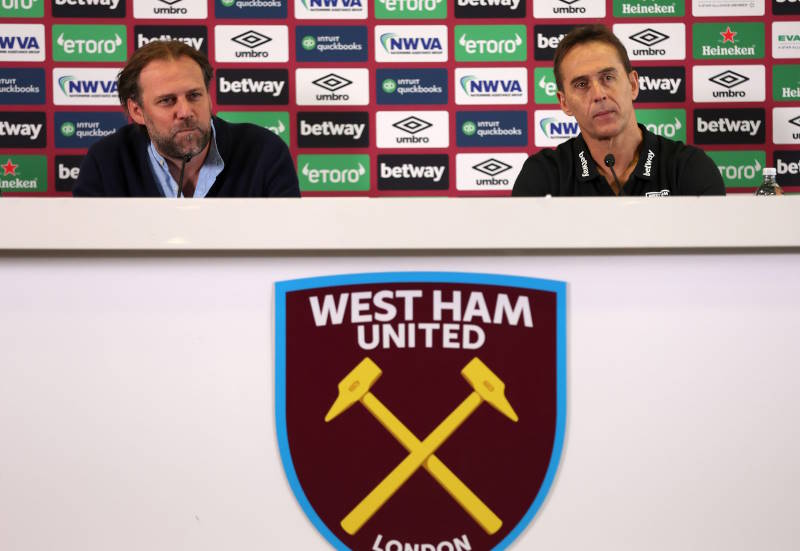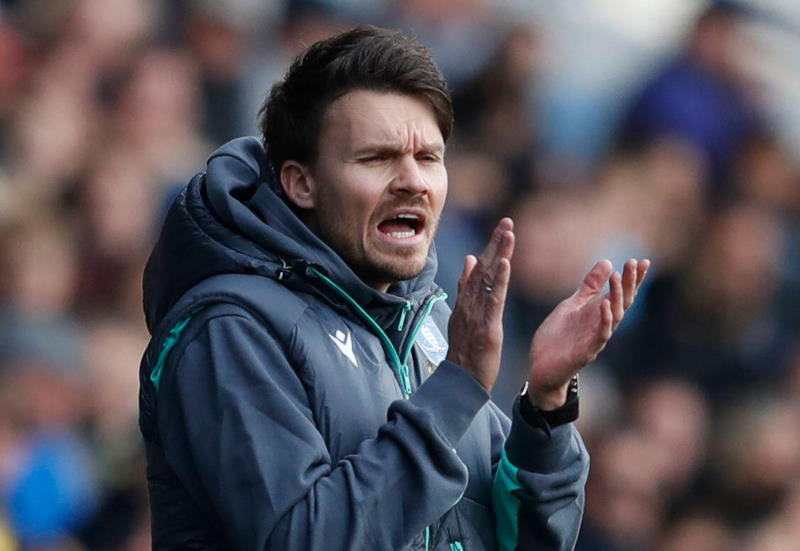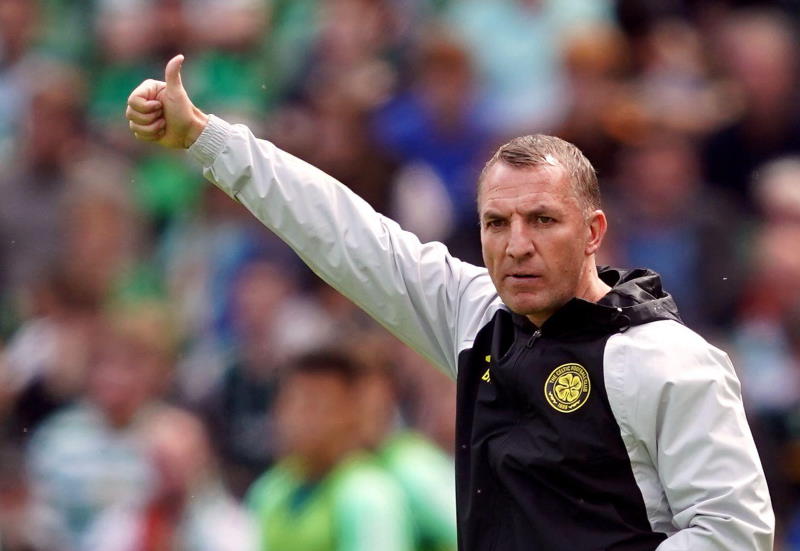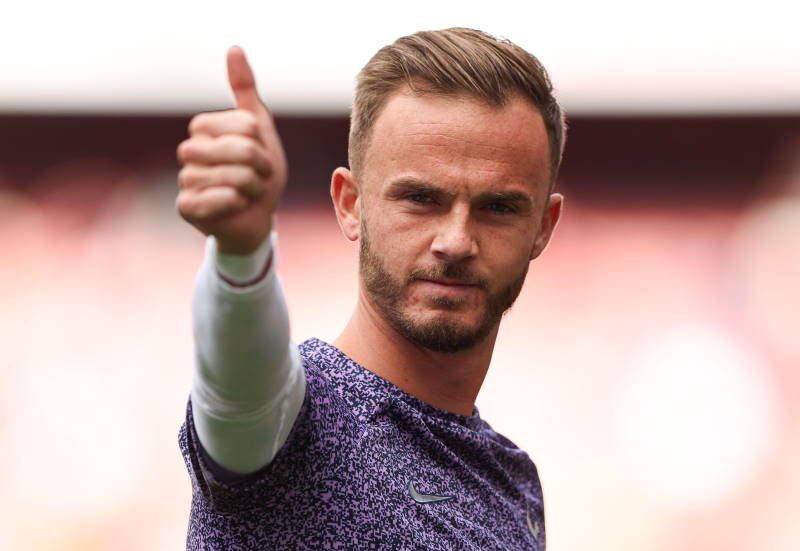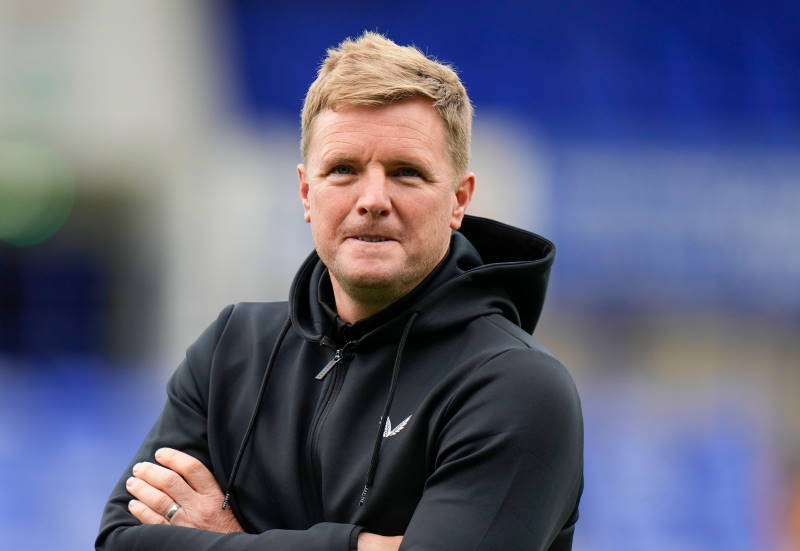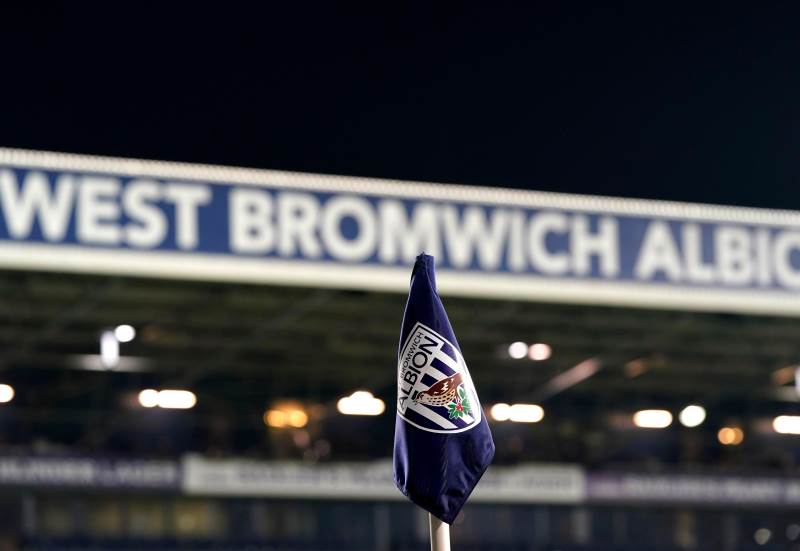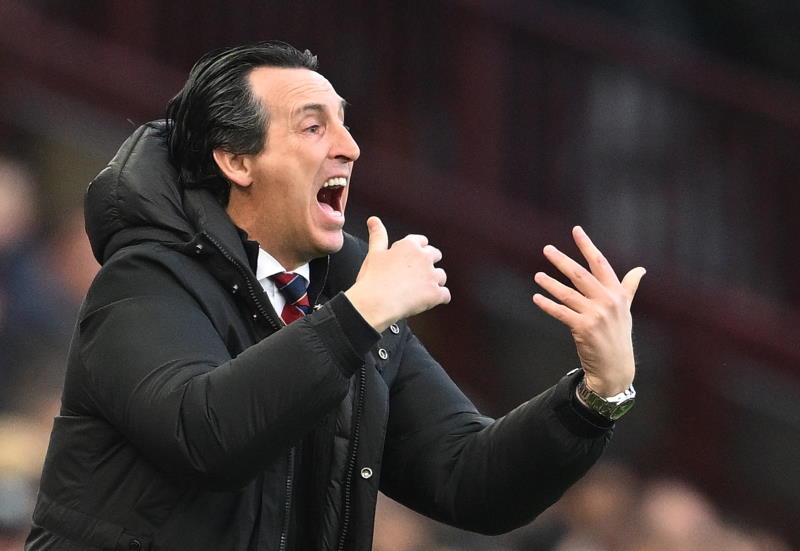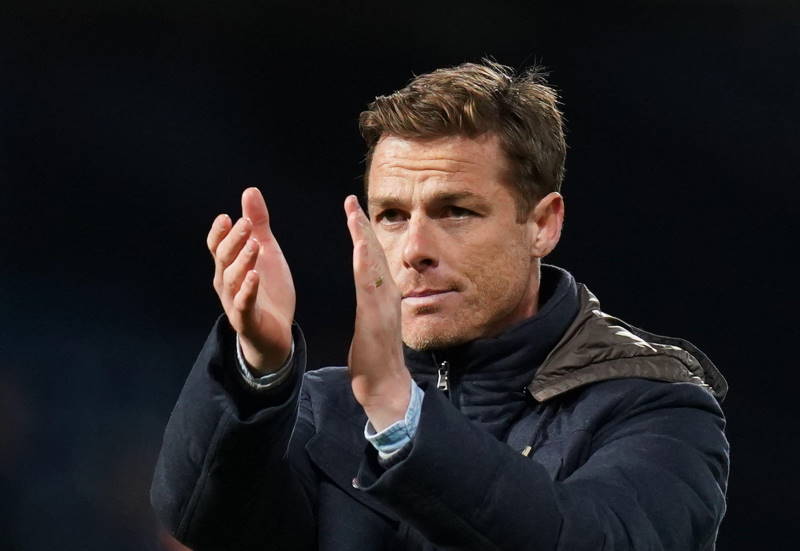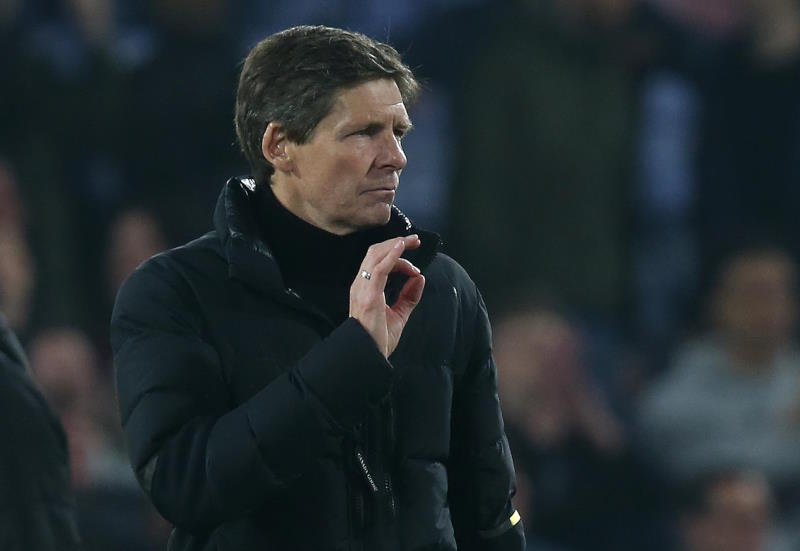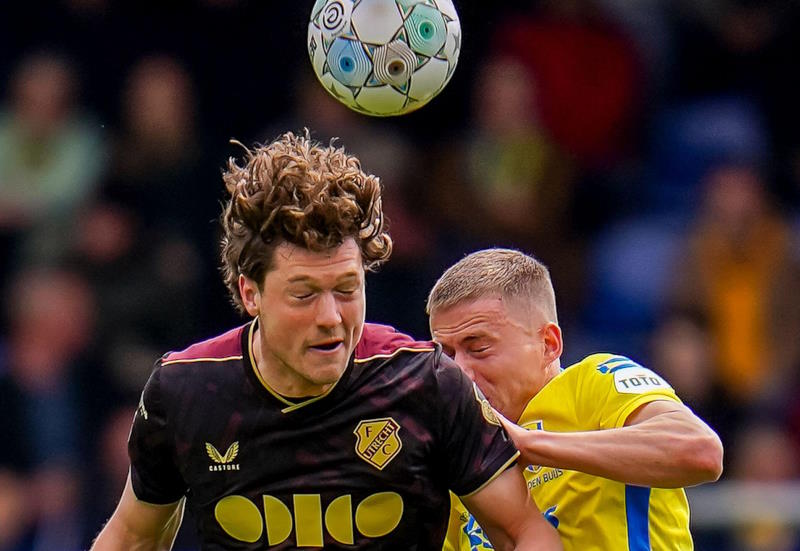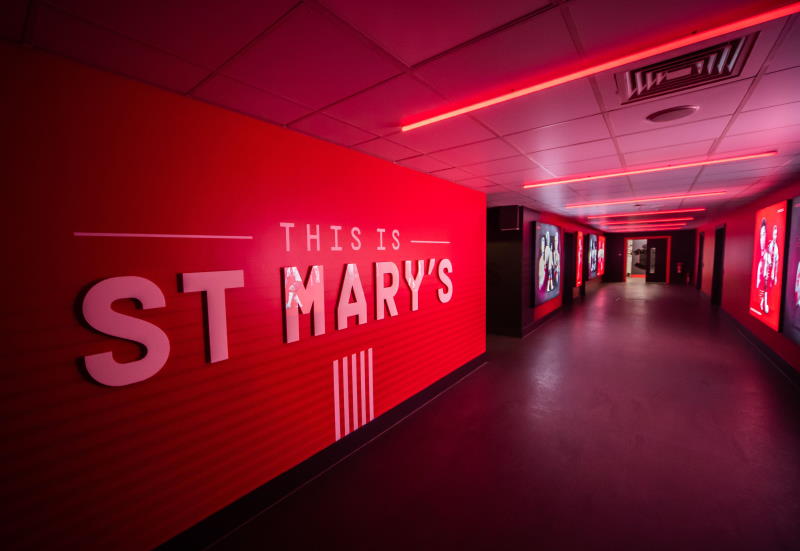
Stephen Maio
Click here to view the 1st part of The Evolution of Business Soccer
When analyzing a marketplace, we are taught to look for a trend, and the general trend in world soccer has been foreign invasion by investors, the buying of mid-table clubs and reforming them into world soccer powers (or at least attempting too).
Both Malcolm Glazer and George Gillett Jr. have taken notice of the financial rewards of the game. American millionaire Malcolm Glazer, owner of the NFL’s Tampa Bay Buccaneers franchise, purchased 28.7 % of Manchester United in 2005 for a whopping $1.47 billion after a near nine year long takeover battle. He is rarely visible in operations at the club and his purchase has been wildly opposed by the clubs supporters. George Gillett Jr., also an American businessman and owner of the NHL’s Montreal Canadiens, who amassed his wealth through multiple industries, together with Tom Hicks bought Liverpool F.C. for an estimated $435M.
Grab a newspaper these days and turn to the sports section. Surf the internet, bbc.co.uk, channel4.com or come here to Inside Futbol. Turn on Fox Soccer Channel, GolTV maybe. Headlines. Every soccer fan is aware of the current situation at Manchester City.
United Arab Emirates’s Abu Dhabi United Group Investment and Development Limited, a private equity company owned by Sheikh Mansour bin Zayed Al Nahyan, member of the UAE Royal Family and Minister of Presidential Affairs finally completed a proposed $200M takeover of the club from former owner Thaksin Shinawatra. Shinawatra himself is a telecommunications billionaire and also the former President of Thailand who is now a prime investor, and dipped into millions of his dollars to buy the club last off-season while in a 17 month long exile from his homeland.
Shinawatra had been tampering for years in attempt to buy a Premiership club (as many cited his intentions to buy the club were merely a publicity stunt in light of his recent political problems) with offers to Fulham and Liverpool previously rejected. Sheikh Mansour bin Zayed Al Nahyan’s family fortune is estimated at $1 trillion or £555 billion. This isn’t a case of smashing a door down with a sledgehammer, it’s driving a tank through the door.
Under Shinawatra’s command, City aggressively pursued the transfer market on all fronts by bringing in former England manager Sven Goran-Eriksson to lead a squad which was boosted by the arrivals of Geovanni, Martin Petrov, Elano, Valeri Bojinov, Rolando Bianchi and Manuele Blasi. Shinawatra’s arrival unleashed a period of spending in excess of ₤30M, which is outstanding for a club that over the previous few seasons was at the bottom of the Premier League in terms of outlay. The club moved hypertensly this summer in acquiring Jo from CSKA Moscow, Vincent Kompany from Hamburg SV and Shaun Wright-Phillips from Chelsea before Shinawatra decided to step down from his position and sell most of his shares in the club for fear of damaging its reputation as he skipped bail from Thai courts.
With Abu Dhabi as the current engine, City began by bullishly attempting to flex their financial muscle at the close of this summer’s transfer window, reportedly attempting to hijack Dimitar Berbatov’s move to city rival’s Manchester United before snipping Robinho away from Real Madrid with a British record transfer fee of €42.5M. Rumours also said they had enquired about David Villa of Valencia and Fernando Torres of Liverpool. This is likely an indication of things to come. Upon his unveiling, Robinho stated that City being a “big club” was a large incentive for him to join.
This looks like capital power number four. Is Abu Dhabi bad for the game? I can’t answer that, only time will tell. What I will tell you is their money is good for Manchester City, its fans and the English Premier League, but bad for England and the game itself, and I will give you four reasons.
1. What makes the NFL so exciting? Is it just the game of American football? While combating global stereotypes, football is the smartest, most strategic and intense sport around and has always been in my opinion the ultimate team game, but I think it stems further than the sport itself. Around the globe where soccer dominates the sports world, a monopoly exists, and a domestic league runs wild. Not in America. The NFL has to compete with other entities, the NBA, MLB, NASCAR, MLS and the often overlooked but ambitious NHL. The NFL is able to compete successfully with both the NBA and MLB, holding considerable market share while expanding their reaches into Europe. The NFL is the most structured, well run, well marketed league in professional sports, hands down. Video replay? They’ve got it. A rule needs to be addressed? They change it. Drug testing? They do it.
If you’re not familiar with the league I apologize for my comparison but I can elaborate. You know what really makes the NFL the best league in sports? Parity. Yes, that dreaded word that floated around every hockey telecast in Canada for two years. You know that pre-season commercial where the NFL gets a player from a bunch of random teams to talk about how each team is technically “undefeated”, the one with the “it’s a whole new year” catch phrase? It’s true. It’s a whole new year and you or your father have no clue what is going to happen. And it’s fun. Not in soccer. Parity doesn’t exist.
I’m going to go out on a limb and say that AC Milan, Juventus or Inter are going to win Serie A. I will call Real Madrid or Barcelona in Spain. Bayern Munich in Germany? I would put money on it.
This “foreign invasion” isn’t helping the situation, and actually it is the opposite of parity, as argued with Abramovich’s case; it’s dividing the middle class and the elite even further. The problem for the general fan is that, the English Premier League doesn’t care. If you don’t like the big four and your team isn’t one of the lucky ones to be bought by a foreign billionaire and turned into an instant competitor in a salary-cap-less environment, too bad. But in the NFL, every team has a chance, even the Detroit Lions, well maybe not the Lions but you get my point.
2. A lot of these investors have good intentions, good ideas, understand the business and to some degree understand the sport. They are somewhat reluctant to invest in youth however. Most of them have a win now mentality and the ones who are willing to invest in youth (few) are not necessarily inclined to go the domestic route. Young players gain experience through youth academies or rise up through divisions looking for playing time. The best of the best make it to the very elite teams and then receive the best of the best in terms of coaching and training and earn valuable experience from European play that they can transfer to international level.
These “Capital Powers” that have the cash flow to import global stars do so accordingly, with no intention of harvesting a younger, inexperienced player. They are left for the clubs that can’t afford those payrolls, and are forced to take a shot on a younger kid, and then in turn sell them to a larger club after their potential is reached for a large sum just to balance the books. A vicious cycle, and always the same winners and the same losers.
That’s a sad story for the structure and competitiveness of the league, but ties into my last point. This one is about England as a nation. The national team. That’s is all fine for England because those young English talents will eventually make it to an elite level club who can provide them with quality coaching, training and precious European experience one way or another anyways. Well what happens when there is no room left in these elite teams? What happens when they are filled with already blossomed global superstars and young talents from other countries stacked all the way to their reserves? Things start to get ugly. And they are getting ugly.
The English national team has and will always have some of the finest in the game; a big issue right now with the Three Lions is their apparent lack of depth. A severe shortage of budding talent the country is slightly worried about. What happens when your best up and coming stars play for Portsmouth and Stoke City instead of Manchester United or Chelsea? What happens when your best up and coming stars are coached by Tony Pulis or Gary Megson instead of Alex Ferguson or Rafa Benitez? What happens when your best up and coming stars can’t get European experience?
Fabio Capello has already begun the precarious project of integrating English youth into the national side by calling in some West Ham and Portsmouth players for the next pair of World Cup qualifiers. Something many had previously failed at. It’s hard to replace ageing and no longer elite players like David Beckham when there is no one capable of doing it. Right now England are facing a shortage of goalkeepers and a suspicious lack of options up front. Is it coincidence that in these times England failed to qualify for Euro 2008, their first absence from a major tournament since the 1994 World Cup? Interesting. I hate to tell you but it could become a disasterous trend.
3. The game cannot continue to inflate itself without control as it has or else it faces serious consequences. Parity is not just an issue in terms of competitiveness. The demand for ownership of these elite clubs continues to increase their value, and in turn league revenues, but it also continues to distance themselves from the lower tier sides to an unhealthy point for the game. In a time where lower end Serie A sides struggle to stay out of the red on the balance sheet just to register season by season, the inflation of the bigger sides may force some lower tier sides into disarray. As league revenues increase, so may fees and restrictions, and lower end clubs barely scrapping by like Cagliari and Lecce may just drop off. I mean think about it, you could have a potential 16 team Serie A season five years from now because the FIGC can’t find 20 clubs that can afford to compete on a regular basis. Some lower end sides are struggling to finance their debt because a lack of interest in their product leaves them with a tiny fraction of the revenue of larger clubs. Revenue sharing is a big concept in the NHL, but it doesn’t exist in Serie A.
4. One needs to look no further then Cragnotti’s Lazio to see the effect that uncontrolled spending has on a club after its resources are exhausted. What happens when a club’s uncontrolled spending leads to a debt that is unfavourable to the owner, and he leaves? There is no one left to sign a cheque to cover losses year to year and the club is forced to liquidize assets to pay the bills. What happens if Abramovich suddenly decides that Chelsea are leaking too many of his millions and parts ways with the club, leaving his estimated debt behind for the rest to clean up. Goodbye Michael Ballack, your salary is too high. Goodbye Ashley Cole, your salary is too high. Goodbye Didier Drogba, your transfer fee is required to eliminate a debt. Goodbye Frank Lampard, your salary is too high. I could copy/paste the whole squad, the point is goodbye Chelsea and goodbye to winning. The amassed debt some of these investors leave could easily send a club plunging to the bottom and into bankruptcy in less than a year if they suddenly decide to jump ship.
One person who has not only taken notice but intends to do something about it is UEFA president Michel Platini. Platini has recently spoken out about the rash of clubs being bought out in England, after Manchester City joined company with Manchester United, Liverpool, Chelsea and Aston Villa, and explained his fear for the future. "I am worried by this, of course," Platini told French newspaper Sud Ouest during a recent interview. "I am trying to alert the authorities but this is the liberalism of the English, what can we do?"
Platini went on to outline his plan to establish a European Board of Control and Management to mirror France’s DNCG, a body which regulates the financial side of professional football within the game. "I am in the process of working to put in place a European DNCG. I have meetings lined up with experts to find out what paths we can take." When asked about whether the move is an attempt to introduce greater financial parity within the game, Platini said: "We would like that, but there will always be clubs a lot richer than others, and we can’t fix the same rules for everyone simply because the tax system, or the centralization of TV rights for example, aren’t the same in France and in Spain. These are national problems which I can’t fight against."
How could we define the business side of the sport today if asked? Is this a fair game for everyone, or a brutally unfair system? I’m right in line with Platini. I believe some sort of board, independent of FIFA needs to be created to regulate the financial side of the game across borders. As much as some members may have to swallow their pride, I think that FIFA can learn a lot from the NFL and the NHL. It may just go as far as saving the game for the future. The very spawn of an idea to help restore the English game nearly twenty years ago may lead to the downfall of it again if something isn’t done.

